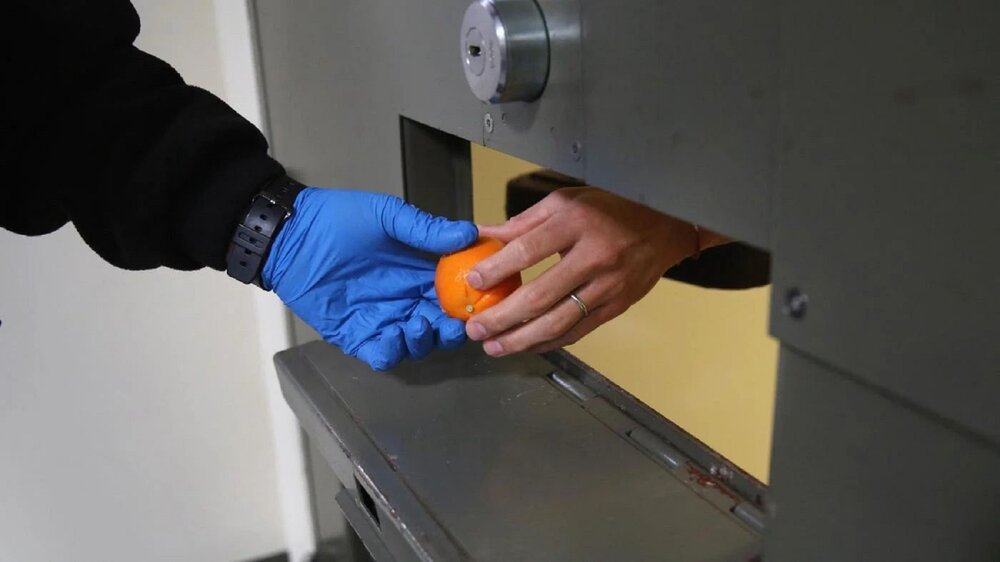Hawzah News Agency – A Muslim prisoner in the US state of Georgia has filed a lawsuit challenging his detention facility's refusal to provide him halal meals during the Muslim holy month of Ramadan.
The lawsuit, filed by the Council on American-Islamic Relations (Cair) on behalf of Norman Simmonds, accuses the DeKalb County Jail of effectively starving Simmonds and other Muslim detainees by denying them halal meals.
"At this point, DeKalb County Jail is basically starving Muslims detained at the facility and asking them to choose between their religion and sustenance," Javeria Jamil, Cair-Georgia's legal director, said during a press conference on Tuesday.
Simmonds is currently in pre-trial detention at the DeKalb County Jail just outside of Atlanta, Georgia.
Since the beginning of Ramadan, he has petitioned to receive halal meals but was denied because the prison's chaplaincy needed to "confirm the devoutness of his beliefs before they could approve a halal diet for him".
During Ramadan, Muslims fast from dawn till dusk, abstaining from eating, drinking, smoking and sexual relations to achieve greater consciousness of God.
According to the lawsuit, the jail has consistently failed to provide Simmonds, and other Muslims in his cell block, with meals at a time that would allow them to eat outside of their daily fasts - from after sunset to before dawn.
For three days during Ramadan, he received no food at all. According to the lawsuit, he has lost 15 pounds since the being incarcerated and it is dangerous because of Simmonds' pre-existing conditions including asthma, hypertension, and degenerative joint disease.
"As a result, Simmonds is left insecure as to whether he will eat each day, how much he will eat, whether he will sleep hungry that night, whether he will miss consecutive meals, and what the effects of starvation will be on his physical, mental, psychological, physiological, and emotional health and well-being," the lawsuit says.
Murtaza Khwaja, Cair-Georgia's executive director, said that a lack of clocks within the prisoners' cells denies them the ability to know when they can start and end their fasts.
"These incarcerated Muslims do not know when they're going to be eating. They don't get their meals on time in the morning. They don't get their meals on time in the evening, if they get them at all," Khwaja said during the press conference.
Muslim struggles in US prisons
For years, more than 80,000 Muslim inmates across the US have been struggling for access to religious accommodations while incarcerated, despite federal laws that mandate all prisoners have equal access to religious resources.
Incarcerated Muslims have been regularly served pork during meals, while others have been altogether denied from fasting during Ramadan because of management at detention facilities having to deal with "too many" requests.
Last year, a Muslim inmate on death row in Alabama was denied access to an imam prior to his execution.
Multiple lawsuits in several states have been filed against prisons to address this issue, arguing that the discrimination in many ways is unique to the prisoners who adhere to the Muslim faith.
Still, Khwaja noted that in the past several years, there has been an uptick in these incidents.
"Our chapter and chapters across the country have seen increased numbers of anti-Muslim incidents across the societal spectrum, but particularly in jail," he said.
"Just because they have been locked up for any reason - these are again pretrial detainees - that does not mean they lose the right, the basic rights that are protected in the Constitution or basic rights and values of human decency."



Your Comment